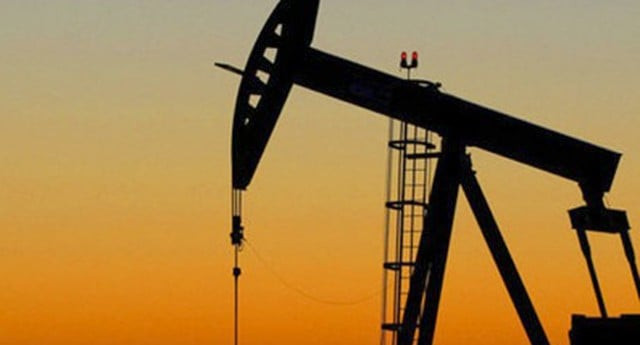Oil prices fall as supply concerns ease
Libya’s production expected to rise to 355,000 bpd after lifting of force majeure at largest oilfield

Oil prices fell on Monday as force majeure at Libya’s largest oilfield was lifted, a Norwegian strike affecting production ended and US producers began restoring output after Hurricane Delta.
Brent crude LCOc1 fell $0.52, or 1.2%, to $42.33 a barrel by 1052 GMT and US West Texas Intermediate CLc1 was down $0.58, or 1.4%, at $40.02.
“It’s all about ending production disruptions ... (which) are not helpful in a period with ongoing demand concerns,” said UBS oil analyst Giovanni Staunovo.
Production in Libya, a member of the Organisation of the Petroleum Exporting Countries (OPEC), is expected to rise to 355,000 barrels per day (bpd) after force majeure at the Sharara oilfield was lifted on Sunday.
Rising Libyan output will pose a challenge to OPEC+ - a group comprising OPEC and allies including Russia – and its efforts to curb supply to support prices.
“If oil demand recovery continues to struggle due to new or stricter Covid-related mitigation measures, the (OPEC+) producer group may need to reconsider the planned tapering of their voluntary supply cuts,” said BNP Paribas analyst Harry Tchilinguirian.
Front-month prices for both contracts gained more than 9% last week in the biggest weekly rise for Brent since June. But both fell on Friday after Norwegian oil companies struck a deal with labour union officials to end a strike that had threatened to cut the country’s oil and gas output by close to 25%.
Hurricane Delta, which dealt the greatest blow to the US Gulf of Mexico energy production in 15 years, was downgraded to a post-tropical cyclone at the weekend.
Workers headed back to production platforms on Sunday and French oil major Total was working to restart its 225,500-barrel-per-day Port Arthur refinery in Texas.
Prices were also pressured by a jump in new Covid-19 cases, which has raised the spectre of more lockdowns.
Infections are at record levels in the US Midwest and in Britain Prime Minister Boris Johnson is expected to announce new measures on Monday while Italy is preparing fresh nationwide restrictions.
Goldman Sachs, meanwhile, said that the outcome of the US presidential election would not impact its bullish oil and natural gas outlook and that an overwhelming Democratic victory could be a positive catalyst for these sectors.



















COMMENTS
Comments are moderated and generally will be posted if they are on-topic and not abusive.
For more information, please see our Comments FAQ